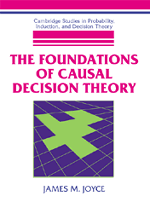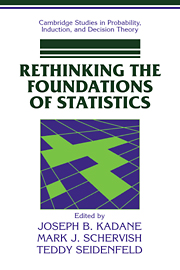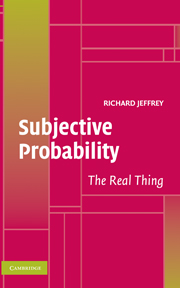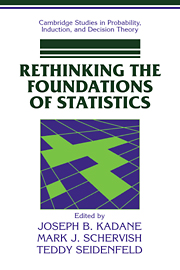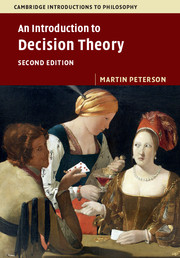The Foundations of Causal Decision Theory
This book defends the view that any adequate account of rational decision making must take a decision maker's beliefs about causal relations into account. The early chapters of the book introduce the non-specialist to the rudiments of expected utility theory. The major technical advance offered by the book is a 'representation theorem' that shows that both causal decision theory and its main rival, Richard Jeffrey's logic of decision, are both instances of a more general conditional decision theory. The book solves a long-standing problem for Jeffrey's theory by showing for the first time how to obtain a unique utility and probability representation for preferences and judgements of comparative likelihood. The book also contains a major new discussion of what it means to suppose that some event occurs or that some proposition is true. The most complete and robust defence of causal decision theory available.
- Most complete account of causal decision theory
- Very clear exposition and presentation of technical material
- Will interest economists, mathematicians and psychologists as well as philosophers
Reviews & endorsements
"The author writes in a style that is on the one hand entertaining and lighthearted and on the other hand highly technical in its analysis of axiomatic foundations. Readers who are interested in theoretical, prescriptive decision making from a philosophical perspective will find this a valuable book." Journal of Mathematical Psychology
"This book makes a significant contribution to the standard decision theory." Chrisw Swoyer Univ. of Oklahoma
Product details
April 1999Hardback
9780521641647
284 pages
238 × 160 × 25 mm
0.605kg
Available
Table of Contents
- Preface
- Introduction: a chance to reconsider
- 1. Prudential rationality as expected utility maximization
- 2. Decision problems
- 3. Savage's theory
- 4. Evidential decision theory
- 5. Causal decision theory
- 6. A general theory of conditional beliefs
- 7. A representation theorem for causal decision theory
- 8. Where things stand
- Notes
- References.

